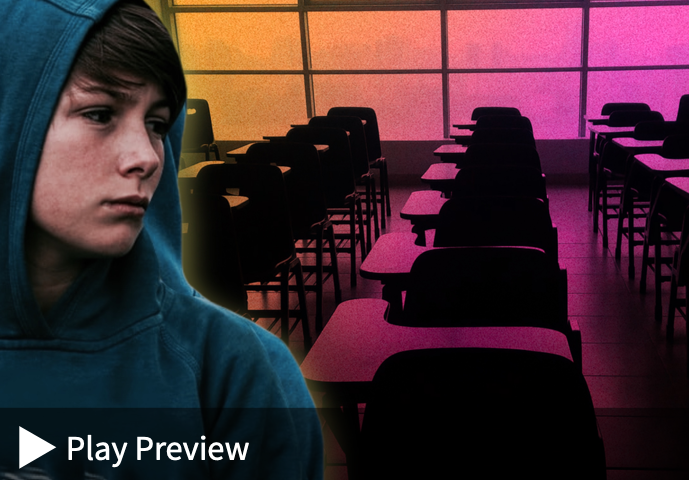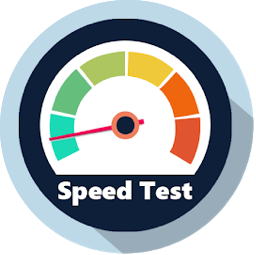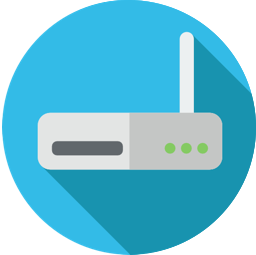
This course explores:
- The difference between proactively teaching social competencies and reactively modifying “inappropriate behavior”
- The important role of co-regulation and how to use the 4 Steps of Face-to-Face Communication to monitor your relationship development strategies with your students
- How to use Social Thinking Vocabulary and other tools and strategies from different curricula we’ve developed to better understand one’s thoughts and feelings to self-regulate throughout the day
- How to teach the Social Emotional Chain Reaction to students of different age groups
Almost 4 hours of training and CE credit available for select professionals. For any special accommodations or assistance with resources email us.
What’s It Mean to “Behave”?
Tips, Tools & Strategies for Teaching Students Self-Regulation
Replay access through November 30, 2023
Detailed Description
Who should attend
While many are quick to spot when a student is not “behaving” in a specific situation, they’re not so quick to figure out how to engage them in relevant social emotional learning to support meeting their own social goals.
In this online training, Michelle Garcia Winner and Dr. Pamela Crooke, the co-creators of the Social Thinking® Methodology, will share ideas to help interventionists (educators, speech-language pathologists, therapists, clinicians, family members, and caregivers) learn specific social emotional strategies that foster development of one’s self-regulation within and across a variety of social situations. Assisted by other members of the Social Thinking Training & Speakers’ Collaborative, they’ll explore specific lessons to support the development of social competencies, including self-regulation in the following areas:
- The incorrect expectation that students will adopt the goals we assign, rather than the goals they choose for themselves
- How our own assumptions may get in the way of helping students learn
- How the social mind is at work within the classroom experience: The 5 Steps of Being with Others
- • Things we expect our students to be able to do to figure out how to work in a group: defining shifting social norms and related “hidden expectations” based on the situation
- Using the new Social Interpretation Scale to explore one’s social interpretation of actions and reactions to socially problem solve and respond
- How to teach the Social Emotional Chain Reaction to students of different age groups
- The power of our feelings, the amygdala in our brain, and how we learn to manage our feelings over time with the use of Superflex curriculum, Social Fortune or Social Fate, The Zones of Regulation, and other visual supports
- How social awareness and self-awareness are part of learning social competencies
- How these curricula help to teach these concepts
- The role of Social Thinking Vocabulary in unpacking the complexity of the social world
- How our social emotional memory plays a role in social self-regulation
- How we can encourage resilience and tenacity in social emotional learners
Who Should Attend
The Social Thinking Methodology is used by a wide variety of professionals; including speech-language pathologists, special and general education teachers, social workers, counselors, clinical and school psychologists, occupational therapists, behavior specialists, and school administrators to name a few. It’s also used by family members and caregivers across settings.
Testimonials
Attendees Have Rave Reviews About The Course
Almost 1,000 speech-language pathologists, educators, parents, and other interventionists from around the world have watched this brand new course, taught by thought leaders and expert practitioners, Michelle Garcia Winner, Dr. Pamela Crooke, and members of the Social Thinking Training & Speakers’ Collaborative. Attendees have rave reviews:

Learning Objectives and Agenda
Objectives
Participants will be able to:
- Define the four parts within the Social Emotional Chain Reaction
- Explain how to use Feelings Across a Day thinksheet to develop awareness of a student’s emotional experiences across time
- Describe the role social emotional memory plays in self-regulation
- Define what it means to teach social competencies (more than teaching social skills)
Agenda
1 hour and 19 minutes – Discussing the difference between modifying “inappropriate behavior” vs. developing social competencies; how interventionists’ assumptions may get in the way of learning to self-regulate; different ways in which we process and respond to our thoughts and feelings
2 hours and 27 minutes – Learning concepts and strategies to navigate to regulate in the social world while exploring one’s self-regulatory feedback loop, social self-awareness, social evaluation, and social emotional memory; ideas for how to use metacognitively based treatment frameworks and Social Thinking Vocabulary; the ongoing role of co-regulation in the self-regulatory process.
Continuing Education Credit
3.5 hours toward CE credit, if applicable
Click here to see if you can receive CE credit by Profession and by State
We are proud to provide access to continuing education credit for:
- Speech-Language Pathologists
- Educators
- ...and others!
Technical requirements to participate in online training
Streaming compatible browser

The best browser for streaming is Google Chrome. If you are unable to use Chrome, please make sure the version of your browser is the latest and greatest.
Download ChromeHigh-speed internet connection

Make sure you are accessing the online course on a device that is connected to high speed internet—that means your download speed is at least 25Mbps.
Run Internet Speed TestOpen firewall ports

If you are accessing the online course from your school or organization, ask your network administrator if there are any firewall ports that need to be opened.
Learn More











